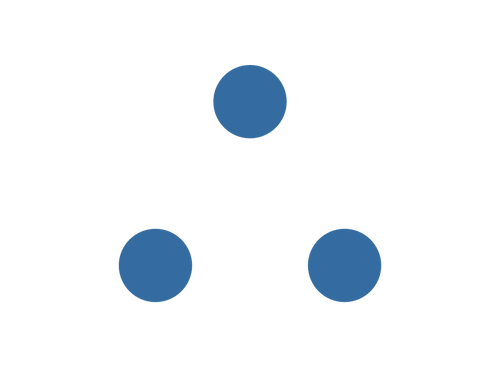Our goal: Delicious coffee with a net positive impact.
You might have heard words like traceable, sustainable and transparent kicking around the coffee industry, but what do they all really mean? As with any label that can improve profits and brand image, companies start slapping it on whatever they can get away with until the term is almost meaningless. But who is doing it right? Roasters like Seven Seeds and Sample have really inspired us to better communicate our sourcing decisions and their impacts to you guys. We have realised that better prices for producers start at the end of the chain. If we as consumers are happy to pay more for good coffee, and we know where that premium is going, we can start to shift the market.
So how can you trust us? You don't have to and that is the beauty of transparency. We give you the numbers and encourage you to ask more questions. If your coffee is cheap, someone is getting a raw deal and it's probably those at origin. But here is where it starts to get complicated; transparency doesn't guarantee a fair price, it just communicates the price.
Every coffee has a unique cost of production from labour, local environmental and political climates to specific varieties, harvest yields and processing. That is why we and our export partners like to pay what is asked by our producers to guarantee they are earning enough.
Why is it important?
Coffee producers aren’t making enough money, that is the bottom line. Producers in Colombia need to be paid around 50% more to make as much as they would from growing coca. Child labour creates a vicious cycle and perpetuates poverty by robbing children of an education.
Research from CIAT revealed that of the farmers interviewed across Nicaragua, Guatemala, and Mexico, 67% experienced between three to eight 'thin months' of extreme food scarcity each year. Jonas Lorenz of The Pledge said "It's so common in coffee-producing regions that locals call it “la epoca de las vacas flacas” or, “the season of the skinny cow.”
The bottom line is, we need to pay more for coffee and we need to know where the money is going. That's where transparency comes in.
What is Transparency?
Basically, it's the communication to you, of the amount we paid to the producer for their coffee. This amount is called the 'farm gate' price and is solely the amount the producer receives, not including any other costs involved. FOB stands for Free on Board and it refers to the cost of transporting the coffee to port and loading it onto the ship.
Let's get clear on one thing though, telling you the price we paid for a coffee doesn't solve the problem if it isn't a fair price. So keep in mind that transparency isn't our silver bullet, it is however a necessary step in keeping us accountable and moving away from prices determined by the commodity market. Transparency is great for getting people interested, informed and asking more questions. It raises awareness for what producers are really paid and is integral step for us in promoting a fairer trade environment.
There is so much more to ethical sourcing.
One of the most important things we can do as roasters is commit to the coffee we buy ahead of time. Forward buying and investing in our producers breeds confidence and security at farm level. With a reliable buyer and a steady cash flow, producers are able to invest in their crops, refine processing methods and upgrade equipment which ultimately increases quality of harvest. This gives the producer the power to demand consistent premiums, creating a sustainable and mutually beneficial relationship.



